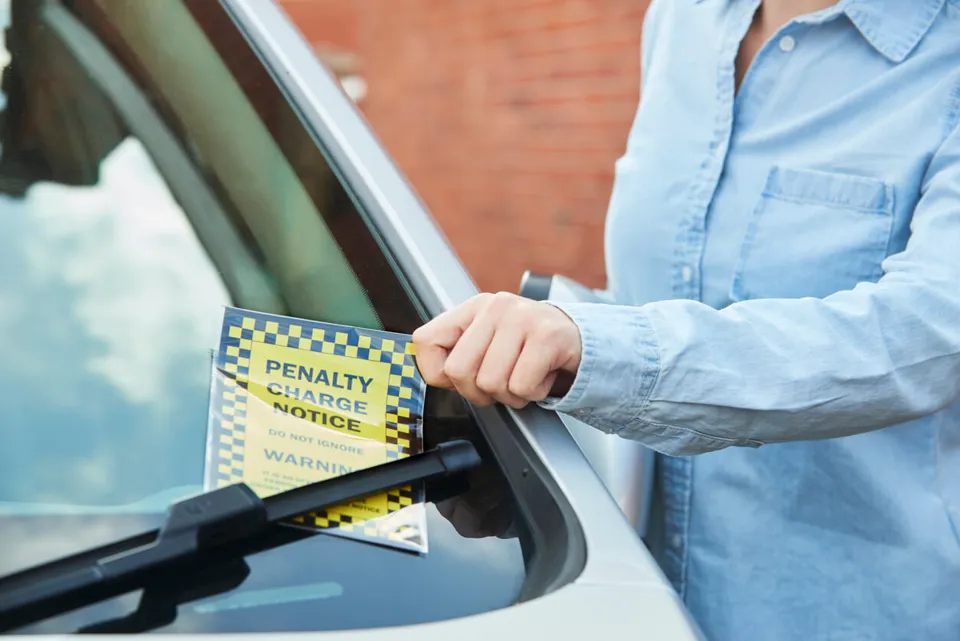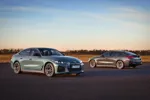Soaring parking charges, fewer and smaller spaces and the disappearance of free parking has led the RAC to declare 2014 as the year of the Great British parking squeeze.
The RAC’s Report on Motoring 2014 paints a picture of a parking battleground on the nation’s streets, with motorists well and truly caught in the crossfire.
The report suggests they are trapped between fewer parking spaces where they really need them and increasing parking charges for those spaces that are left as local authorities look to raise extra revenue to fill gaps in their budgets. And without action, the RAC is warning the squeeze will intensify in the years to come.
The report reveals that 80% of the 1,526 motorists surveyed reported increasing parking charges in towns and cities.
Two thirds of these drivers (67%) believe there is now less parking close to their town or city centre and that parking restrictions have become more stringent where they live, and a quarter (24%) state traffic wardens are now more active in their area.
More than a fifth (22%) said they had seen parking spaces that used to be free become charged for in the last 12 months, rising to a quarter (24%) for those living in suburban areas.
And, 65% of motorists reported that even when they finally find a space to park it’s too small for today’s breed of cars, many of which are wider than previous generations of vehicle because of the addition of side impact protection features.
The effect of the Great British parking squeeze on motorists is significant – two thirds (67%) of drivers who agree that parking has become more expensive in the town centre (54% of all motorists) have cut the amount of driving they do as a direct result of these increased parking charges.
London motorists, in particular, have felt the pain of increased parking costs, with 59% finding high street parking is hitting their pocket more.
In addition, four in 10 (41%) motorists believe that the local authority where they live uses the revenue from parking charges to subsidise other areas of non-motoring expenditure.
RAC technical director David Bizley said: “It’s time for a reality check when it comes to parking in Britain.
“We have to find a happy medium between the desire of motorists to get to where they want to go, which our research shows is driven in part by inadequate public transport provision in many parts of the country, and the need to keep our towns and cities moving.
“Parking has always been an emotive issue for the nation’s drivers – whether that’s caused by driving around city centres endlessly to find an elusive space, or a neighbour mindlessly blocking your driveway.
“So what is the solution? Britain’s local authorities have undoubtedly got a tough job to keep a growing driving population happy while allowing our high streets to thrive and keep traffic moving, but they need to think and act boldly.
“We need transparency. Councils should be compelled to report where the money raised from parking goes – giving drivers assurance that it is being ploughed back into road and transport improvements, rather than just plugging budget holes elsewhere.
“At the same time, drivers need to play their part in using their cars for appropriate journeys, and parking sensibly.
“Take, for example, the chaos of parking close to the school gates; this is a perennial problem up and down the country and represents a safety risk as well as a general annoyance for drivers and pedestrians alike.
“Councils need to understand that most people are still highly dependent on their cars for shopping and punitive parking charges not only hurt motorists but also impacts on the health of local high streets and businesses.
“A busy town centre with free parking will invariably be better for local residents and the local economy than one where paid-for parking which brings in funds for the council but deters shoppers.
“The British high street is suffering and the squeeze on parking spaces is making it even tougher for many to get there.
“We need to find creative solutions that encourage motorists to use the high street or else the out–of–town shopping centre with its free parking will continue to thrive at the expense of traditional town centres.
“In short, councils should be looking to make it easier and cheaper to park, not more difficult and more expensive.”
The RAC Report on Motoring 2014 is available to download by clicking here.


















M Chase - 01/08/2014 10:45
It's a sorry state of affairs when there are more traffic wardens 'on the beat' than police officers. But that is my experience.